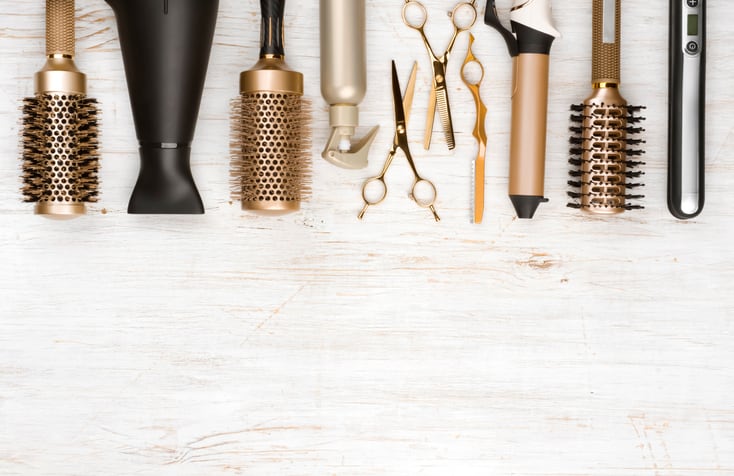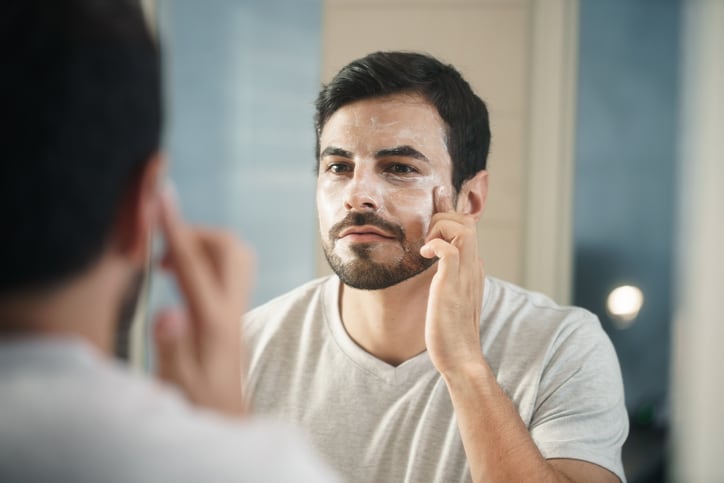Worldwide, hair styling product sales will surpass the $28bn (€27bn) mark by 2027, growing at a CAGR of 5.1%, according to a Future Market Insights (FMI) report. Driven by a growing consumer tendency to experiment with trending styles and colours, hair styling now represents 13% of the total hair care market, with hair spray and hair styling creams and waxes leading the charge.
Europe strong, household use lucrative
According to FMI, Europe made up 20% of the world hair styling market and would likely continue its lead over other regions.
“The EU5 and Nordic countries are in the bandwagon for growth of the region’s hair styling products landscape,” the report said.
However, developing countries were also touted to grow as product availability broadened and purchasing power increased among consumers.
Household use of hair styling products, as opposed to salon and spa use, was anticipated to create “the most lucrative revenue generation opportunities” for industry in the coming years, although salon and spa business would remain strong.
Driven by millennials, online the future

FMI said millennials (now aged 22 – 37) were a particularly important demographic for the hair styling category.
“The activities of the millennial population and their perception towards various consumer goods [is] considered to be among the most influential factors in driving the demand for hair styling products in the global market. These consumers are very active and more conscious about their looks and appearance.”
FMI said these consumers had driven increased demand for hair colouring, straightening and perming.
Targeting this group, along with others, would also happen increasingly online, FMI said. “It is most likely that the rampant penetration of e-commerce would translate into enhanced revenue growth prospects.”
Organic hair care trends
FMI said organic would continue to gain worldwide traction in the hair styling category, driven by a “longstanding reluctance” among consumers around chemical-based products. There were also numerous companies catering to these demands – Sephora, Unilever and Mizani, among others.
Our sister site CosmeticsDesign recently reported natural hair care products in Latin America were also on the rise.




